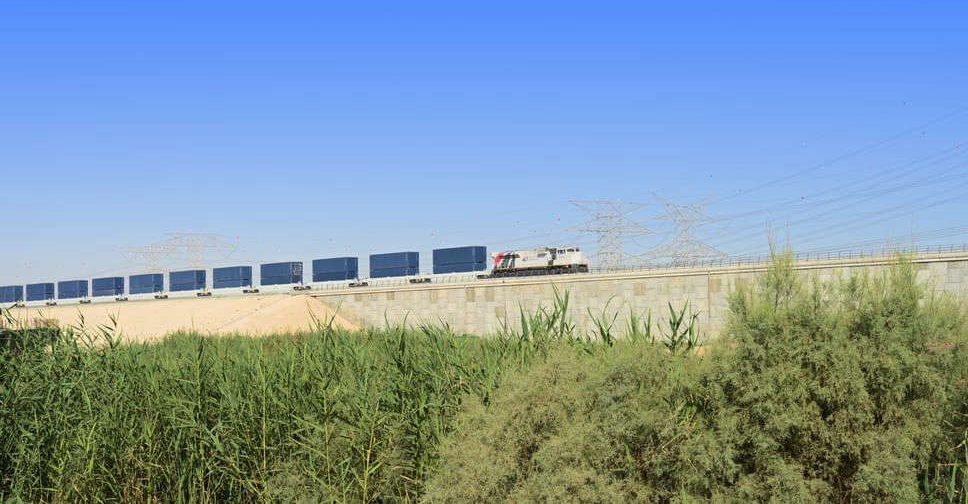
Etihad Rail, the developer and operator of the UAE National Rail Network, has launched its Sustainable Finance Framework, a comprehensive guide designed to link the company’s future financing to its ESG Strategy in relation to Clean Transportation, Green Buildings and Pollution Prevention and Control.
The framework, which was developed in collaboration with various industry experts, as well as First Abu Dhabi Bank and Standard Chartered Bank, who served as co-ESG advisors, providing expertise and insights to ensure the framework's robustness and alignment to the Green Loan and Bond Principles. Furthermore, the framework was validated through a Second Party Opinion (SPO) from Det Norske Veritas (DNV).
The framework establishes a structured approach for Etihad Rail to evaluate parameters in the financing of sustainable projects, detailing four main components: Green Loan and Bond Principles that ensure alignment with international sustainability standards, Use of Proceeds to define clear criteria for the allocation of funds towards sustainable projects, Project Evaluation and Selection that implements a rigorous process to identify impactful projects, and Management of Proceeds and Reporting to ensure transparency and accountability in fund utilisation.
Commenting on the launch, Ali Tabbal, Chief Financial Officer at Etihad Rail, said: “The framework is a pivotal element of our broader ESG strategy, directly aligning with the United Nations’ Sustainable Development Goals. It provides a clear roadmap for integrating ESG considerations into investment decisions, empowering companies to generate long-term sustainable value. By doing so, we are not only fostering a transition to a low-carbon, resilient economy but also supporting the UAE’s Net Zero 2050 Strategy and contributing to the nation’s vision for a sustainable future.”
As part of Etihad Rail’s ESG strategy, the framework encompasses mechanisms for environmental risk assessment and promotion of transparency in implementing ESG initiatives. By integrating environmental considerations into investment decisions, companies can mitigate environmental risks, capitalise on emerging sustainable markets, and solidify their commitment to environmental stewardship and social responsibility.



 US starts collecting Trump's new 10% tariff
US starts collecting Trump's new 10% tariff
 Nasdaq set to confirm bear market as Trump tariffs trigger recession fears
Nasdaq set to confirm bear market as Trump tariffs trigger recession fears
 Dana Gas and Crescent Petroleum exceed 500M boe in Khor Mor field
Dana Gas and Crescent Petroleum exceed 500M boe in Khor Mor field
 China to impose tariffs of 34% on all US goods
China to impose tariffs of 34% on all US goods
 Shares bruised, dollar crumbles as Trump tariffs stir recession fears
Shares bruised, dollar crumbles as Trump tariffs stir recession fears



